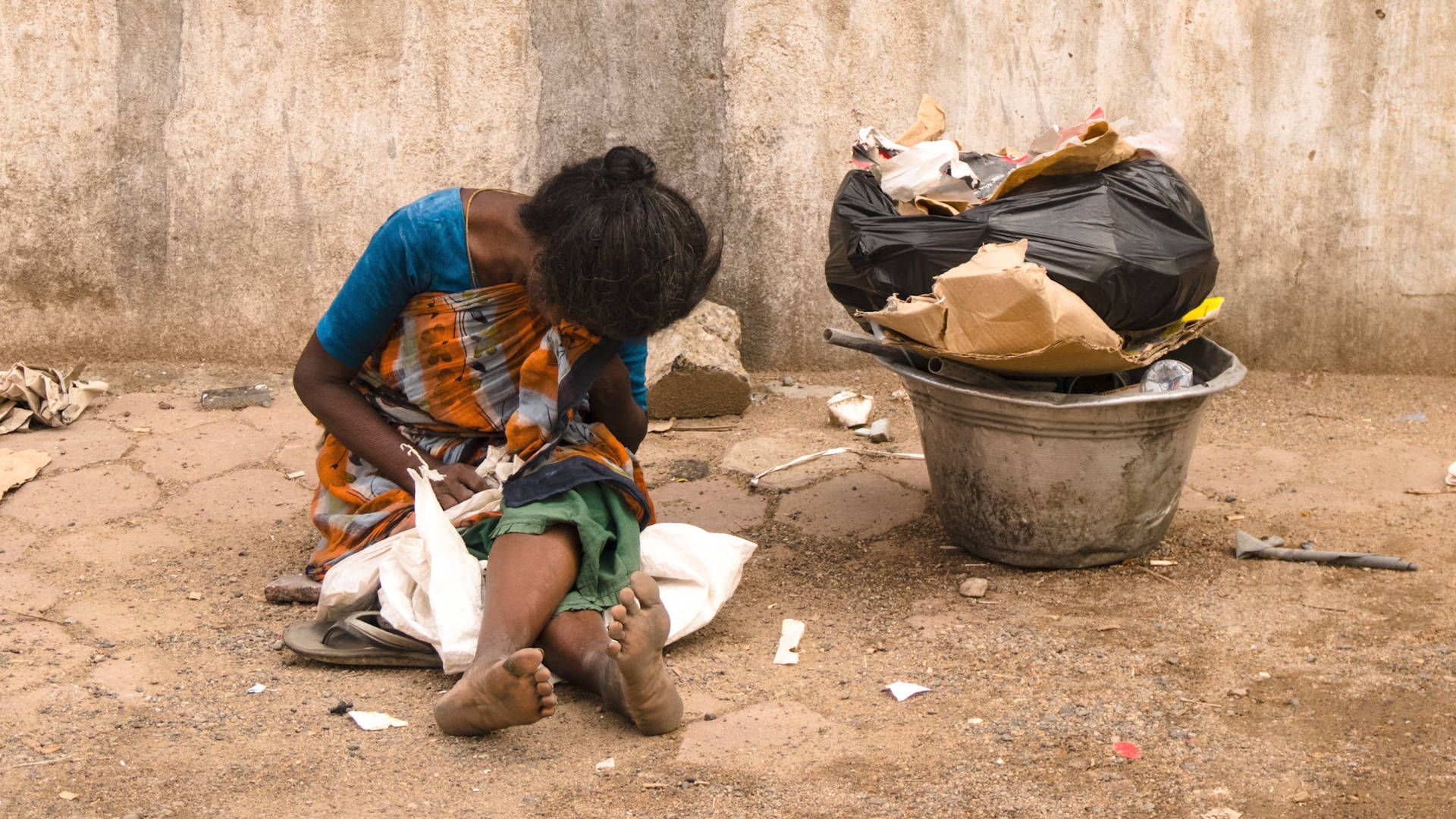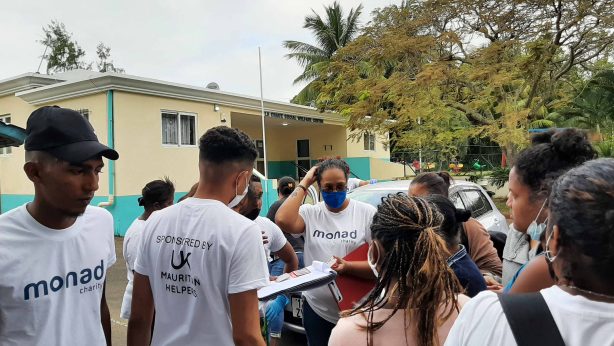Poverty in Mauritius


Samuel Carriapen
Poverty in Mauritius
Mauritius, has made significant progress in reducing poverty over the past few decades. However, despite its middle-income status, poverty and inequality persist in the country, particularly in some areas where vulnerable communities reside.
First and foremost, poverty in Mauritius is primarily concentrated in segments of certain regions of the country. The most impoverished areas are typically located in parts of areas such as Residence La Cure, Residence Anoska, some regions of Bambous, Poste de Flacq, Panchvati, Residence Malherbes, Cite Tole in Mahebourg, Roche Bois, Batterie Cassée Port Louis including many others.We will explore the nature of poverty in Mauritius, its causes, and its impact on the population.
In these areas, you will find people who lack essential needs in terms of quality and quantity. These people suffer from a lack of food or proper nutrition, adequate sanitation, and proper housing. In addition, individuals living in poverty experience social exclusion and stigmatization from other citizens, which leads to a lack of access to educational opportunities and employment potential.
Poverty in Mauritius can be attributed to several factors, including the country’s history of colonialism, its small size and limited resources, and its high levels of inequality and corruption. Furthermore, the island is vulnerable to natural disasters such as cyclones and floods, which can further exacerbate the effects of poverty and economic insecurity. While the country has made significant progress in developing its economy, poverty has persisted due to the limited growth of small and medium enterprises and the weak social safety net for the most vulnerable communities.
There are several significant causes of poverty in Mauritius, including the island of Rodrigues, where 40 percent of the population lives below the poverty line due to a lack of tourism attractions or exportable resources. Additionally, economic development shifting towards export industries and tourism has left rural households dependent on agriculture vulnerable to environmental deterioration and low yields. Women in rural areas, who often have low levels of education and professional skills, are especially at risk. Modernization and industrialization have brought economic growth but also greater income inequality, leading to increased household indebtedness among the poor.
Based on our findings at Monad Charity, poverty in Mauritius is often attributed to a range of factors, including a lack of access to proper education, exclusion of people living in vulnerable areas, stigmatization of ethnic groups and individuals based on their geographical location, limited information about services and opportunities, and a poverty mindset that hinders financial independence. The lack of proper education results in a lack of professional skills and limited job opportunities, which disproportionately affects those living in vulnerable areas. Stigmatization based on geography or ethnicity further perpetuates inequality, and people can be marginalized based on where they live or their cultural background. Limited information about services and opportunities can result in people missing out on support that could help break the cycle of poverty. Furthermore, a poverty mindset can prevent individuals from gaining independence, leading them to believe that they are unable to improve their situation. Without addressing these underlying issues, the cycle of poverty will continue for many Mauritian citizens, particularly those living in vulnerable areas. Therefore, it is important for the government and civil society to work together to break these barriers and provide greater access to education, information, and opportunity for all.
To tackle these issues, the government has implemented policy measures such as housing support, community development projects, child welfare programs, family empowerment, and training for employment. The government is also dedicated to implementing the ambitious reform plan known as The Marshall Plan Against Poverty, which aims to address the root causes of poverty in Mauritius and ensure that no one is left behind. With a continued commitment to these reforms, in collaboration with global partners.


